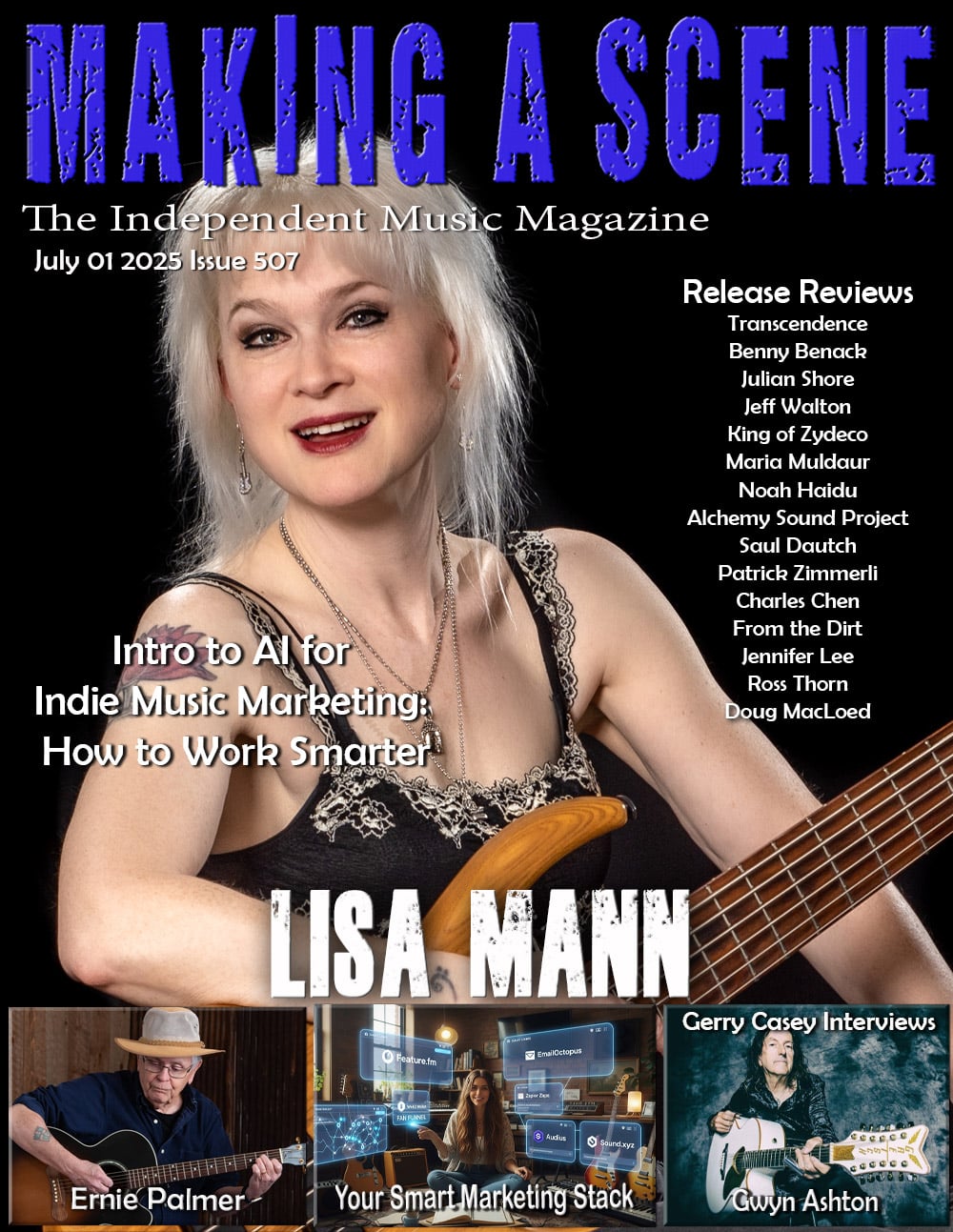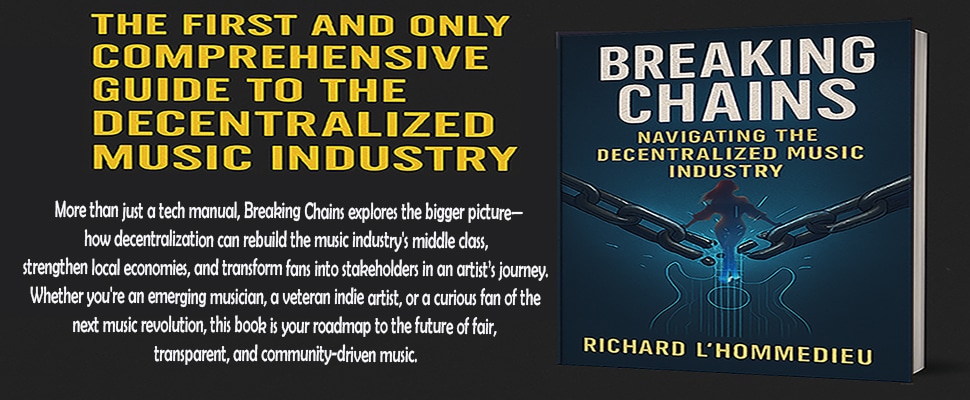The Art of Song with David Olney – A Songwriters Workshop
If you’re a songwriter, (or a song enthusiast), and you can go to a songwriter workshop with David Olney, you go, period. “Anytime anyone asks me who my favorite music writers are, I say Mozart, Lightnin’ Hopkins, Bob Dylan and Dave Olney. [David] Olney is one of the best songwriters I’ve ever heard – and that’s true. I mean that from my heart.” ( Townes Van Zandt ) #DontTryToFightIt #ThisIsTheBigTop davidolney.com
There is no formula to writing the types of songs that last, you just have to let those songs come to you. That’s probably what David Olney was thinking when he was asked to give a songwriter workshop prior to his show at the Arts Barn in Gaithersburg Maryland. You don’t go to a songwriter workshop with David Olney to learn how to write songs any more than you go to a guitar workshop with Tommy Emmanuel to learn how to play guitar. You go to the workshop to get a glimpse of how David Olney’s mind makes sense of the songs he captures. It is really cool hearing David’s side of the songwriting process.
At the workshop David played some songs and explained how they evolved. He played an early song from when he was emulating other songwriters. It did have a different tone than a typical Olney song. David said, when your starting out, when your learning how to write songs, you copy your favorite songwriters. You take apart the songs to find out why they work. Let those songs be your standard. Ultimately you have to find your voice. “If My Eyes Were Blind” is the song David credits as the first time he heard his voice in song. “You know it’s your voice if it sounds like nothing you’ve ever heard before. That becomes your new standard”.
Of course lyrics are only half the song. David says he tries to work out a melody shortly after capturing the first verse. “The melody helps direct the cadence of the song and the remaining verses fall into step”. The song “Jerusalem Tomorrow” is the exception. A melody was written, “but it sounded like crap”. It was meant to be a spoken word from the beginning.
There is a formula for songwriting. Seminars, how to books, Music Row in Nashville all follow a step by step process. It begs the question, if you’re following the same recipe won’t all songs start to sound the same? Recipes are great for cake and bro-country, but memorable songs exist in the aether waiting for the listener to capture them. Tom Waits says that for every song written there are probably a dozen songs within them and if you leave two songs alone in a room for too long they will have offspring. Sometimes songs have a mind of their own. It’s up to the songwriter to make sense of it.
You have to find a format you can live with and one that is convincing to the listener. David Olney has a vivid imagination and a conscious mind. Having never been to war but experiencing war in his lifetime, David could write about the war through the eyes of a French prostitute as he does in “1917”. Not wanting to bare his soul to the world, David writes about imaginary characters. It’s ok to air their dirty laundry in clear conscience, they don’t really exist. It is also easier to reveal deeper, darker thoughts about yourself when you hide behind an imagined character or event.
Go back to the song “Jerusalem Tomorrow”. When David Olney wrote that song he was really into Westerns. As the songs verses came to him he was thinking he was writing about a snake-oil salesman in the American West. When the verses took a twist he said, “Oh! That’s what this is about”, and he had to shift the entire song to the Middle East. The song completed itself in this new setting. On an interesting note, his audience usually figures out the twist in the song at about the same point in the song where David figured it out. Also, the song really never ends. There is only the illusion of an ending.
Once you find your voice you can write with a co-writer. Kris Kristofferson says a songwriter should never quit learning to improve their craft. David Olney says that if you write from your own head all the time you will get to a point where all songs begin to sound the same. David likes the way painters write. “They see songs in full color, they just throw verses onto the page like they are painting a song”. “Red Guitar” was written by David Olney, and two such painters John Hadley, and Kieran Kane. The song was exactly that, a series of brush strokes that came together as a song. https://davidolney.bandcamp.com/track/red-guitar
Throughout the workshop David would field questions from the group. Most of the questions were answered with carefully chosen words that provided vivid imagery. All were given an example in song. David told us of a recent experience where he listened to a beginning writers song. The most exciting thing about being a new songwriter David claims is that there are no rules, the art just flows out. It’s totally organic. David also explains that songwriters in Europe write in English instead of their native language, and that adds a different level of interpretation in crafting a song.
So what can you do to become a better songwriter? Develop the tools needed to paint the song. Absorb as much as possible. Be diverse and dig deep into things, the deeper the better. Immerse yourself with more colors and layers. The more experiences that you can draw from the better prepared you will become. When a song comes to you just be ready to catch it.
–Viola Krouse
[amazon_link asins=’B01N5W2CUE,B0000003SD,B000P2XJYC,B0000003VI,B00L0IPMNQ,B009XHRUN6,B007J43HKA,B0000003WM,B00000GWYB’ template=’ProductCarousel’ store=’maasc-20′ marketplace=’US’ link_id=’1aa383cb-5ac9-11e8-bfaf-113faf02ba7d’]
Discover more from Making A Scene!
Subscribe to get the latest posts sent to your email.









